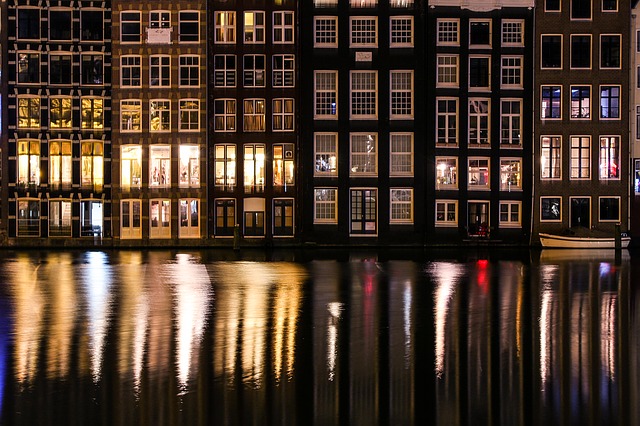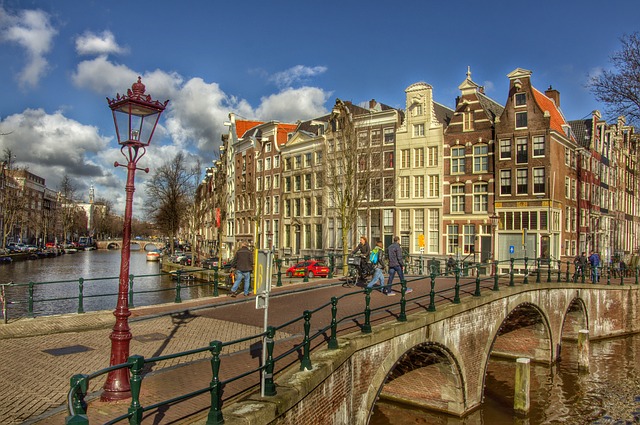In June 2016, the New York Times published an article about a possible post-Brexit scenario where London’s role as the ‘City’, or financial capital – a centre for both professional and educational opportunities – would inevitably be up to another city. Among the most analysed and listed European candidates in the Global Financial Centres Index– a score that ranks the attractiveness of the liveliest continental squares – the one with the highest score turned out to be Amsterdam. With Brexit now in motion, Amsterdam’s transformation into a new London is becoming increasingly real. But in what ways? And what are the pros and cons of this?
By Elena Noventa / 19.09.2019
What majorly unites Amsterdam and London is first and foremost the language. In the Netherlands, 90% of the population speak perfect English, and the learning offer in schools and universities is strongly internationalised, as in the United Kingdom. This makes it an attractive destination not only for companies, but also for students, researchers and teachers from the world over. Amsterdam is, in fact, among the most avant-garde cities for research and innovation, namely in the digital and technological domain. Furthermore, Dutch universities are much more accessible, largely in terms of costs when compared to prestigious UK universities, and yet, they also maintain the guarantee of a good education. Amsterdam is also a focal point for international trade, with one of the most important airports in Europe, port and maritime infrastructures, and is very well connected by the high-speed railway network that allows you reach cities such as Brussels and Paris in very little time.

It is worth highlighting the proximity of London and Amsterdam, which allows companies to maintain relations with the UK. Thanks to the Dutch fiscal system – which is very advantageous to companies – Amsterdam has now been the legal headquarters for big firms such as Google, the FCA, eBay and Uber for several years, and it is since mid 2018, and in view of a hard Brexit, that Panasonic, Sony and the European Medicines Agency have also transferred from London to Amsterdam, thereby making their title as heir to the ‘City’ official.
It is impossible not to cite Amsterdam as one of the prettiest European cities: it’s picturesque architecture, canals, fusion of the old and new, culture, art, nightlife and Nordic aesthetic create a unique atmosphere that has always made it one of the most popular tourist destinations.

There are, however, some undeniable differences between the two cities and some difficulties that are already emerging. Firstly, Amsterdam is much smaller than London (like pretty much any other European city), and this inevitably reflects itself in the rise of rent prices which have increased by 60% in the last 5 years, and in the lack of housing, which has forced administration to stop so-called buy-to-let. In general, the cost of living has risen, mostly in medium-high areas. This is typical of financial capitals like London, which tend to present a lifestyle that is more suited to the wealthier which in turn creates a divided social context with enormous differences between the rich and the poor. The risk is that with time, Amsterdam, already small as it is, won’t have any more space to accommodate non-rich people. Although the fear that this will be Amsterdam’s fate is tangible, it is precisely on a cultural and political scale that the difference between these two cities is played out. Amsterdam is traditionally a city that is attentive to inequalities, with it having one of the lowest rates of poverty in the world. In the Netherlands, governments are used to seeing different political factions collaborate, and they have always avoided there being any univocal governments, unlike the United Kingdom. As a result, there are many forces that can influence political decisions. This modus vivendi can be a hindrance for the development of a young financial capital, but it could also be a turning point for it’s very conception.
In short, the process of Amsterdam’s transformation into a new London is now irreversible. Wanna join? Amsterdam is waiting for you!



Recent Comments